For most people there are obvious signs they recognise that will let them know they need to visit their dentist. Even those with the best oral hygiene can notice a stark difference of feeling in their teeth on a day-to-day basis.
With that being said there are plenty of signs that we can all watch out for that will let us know when we need to book in an appointment with our dentist pronto.
-
Swollen or inflamed gums
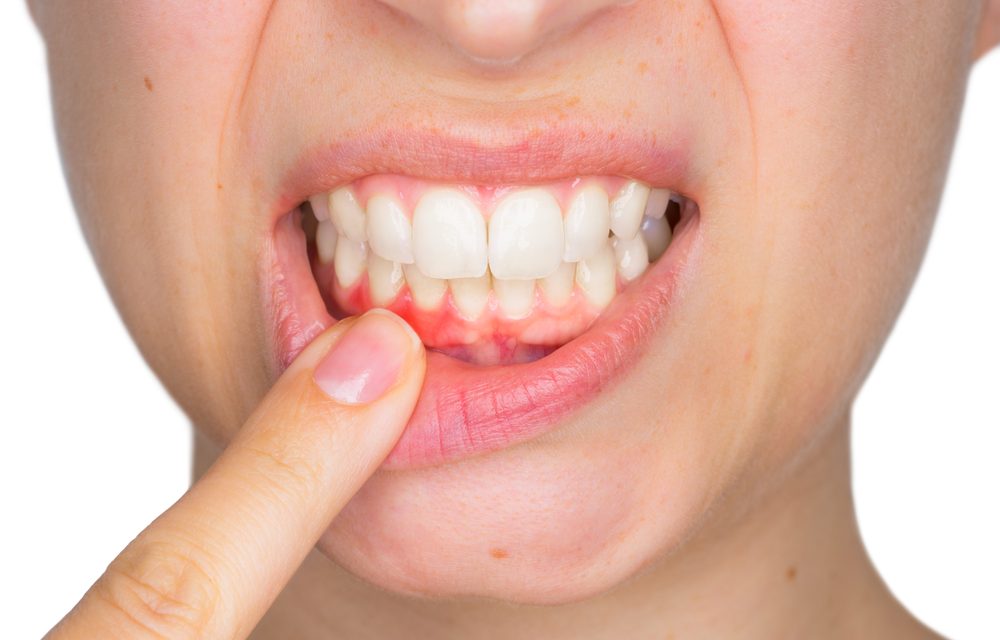
Gum disease is actually a very common disease prevalent in most people, even those with good dental history. Mild forms of the disease are treatable and can be reversible with the help of a good oral hygiene routine and with regular visits to the dentist.
Severe forms of this disease require extra attention, resulting in more trips to your dentist or hygienist. Usually swollen or inflamed gums are a result of bacteria, plaque, or infections building up below the gum line.
However, it can be treated if you continue to carry out your dentist’s treatment plan.
-
Tooth pains
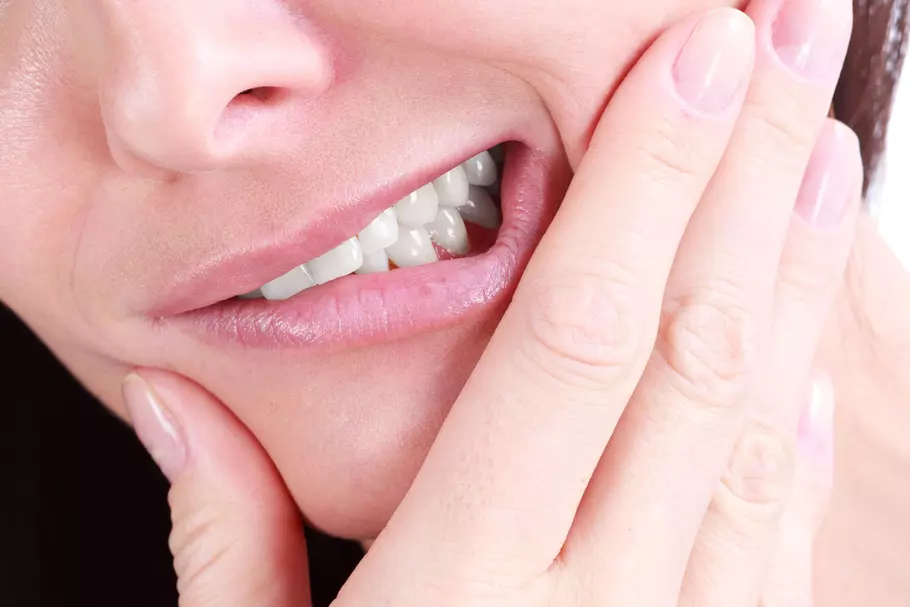
This is probably the most common sign that you must visit your dentist; if you have had toothache or pains for a while you must go to check them out.
They are usually a sign of a much deeper issue with the tooth or teeth, and the pain will only continue to get worse if it is left untreated. A common sign that your tooth pains are more problematic than initially anticipated is if you have a swollen cheek or constant pain.
This may be a sign that you need some antibiotics to treat the infection or some dentistry works to remove the issue in the tooth.
-
Tooth sensitivity
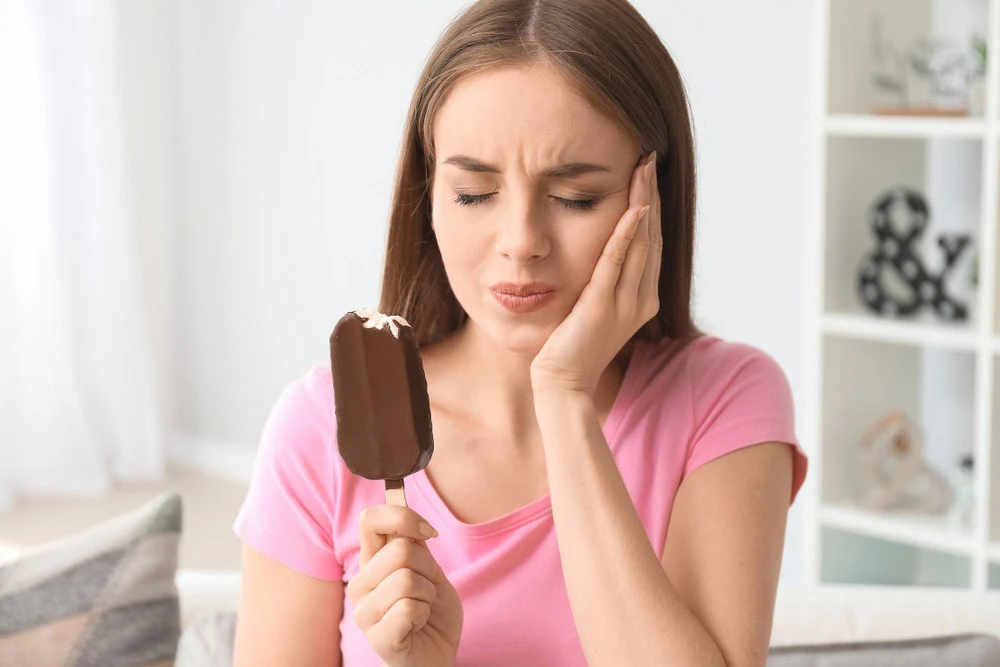
Whilst this can be treated with sensitive toothpaste or other treatments well, this could be a sign that a serious issue is looming.
If these changes have come about quite quickly, then it may be a good idea to schedule in an appointment with your dentist to ensure there are no underlying issues with your teeth.
-
Tooth grinding
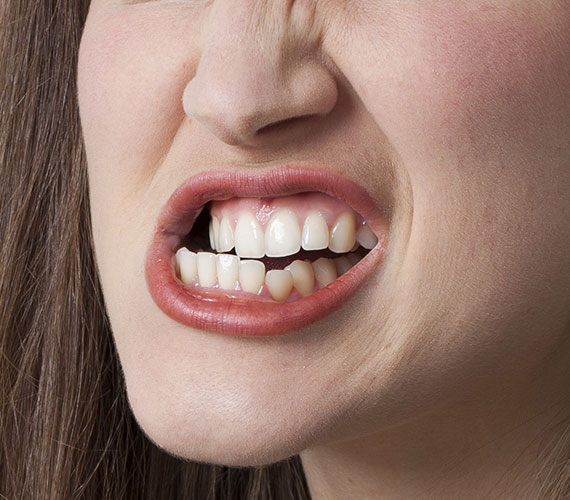
Many of us grind our teeth in our sleep or clench our jaws. Whilst this may seem like a minor problem, in time it can be the cause of headaches and tooth aggravation. This over time can become very problematic, so it is best to have it checked by a dentist before it is too late.
Grinding your teeth can lead to issues with your temporomandibular joints, or TMJ. Queens dentist Dr. Le mentions that this must be seen by a dentist who can prescribe some remedies to help fight the problems quickly; this will avoid any further issues or complications down the line.
-
Discovering white spots
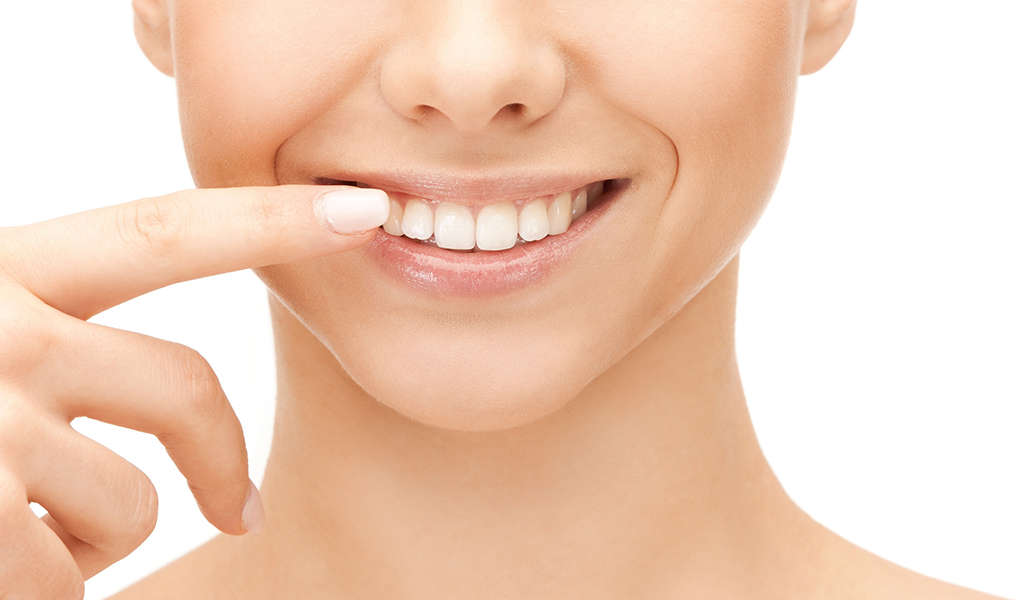
These can be prevalent on either your teeth or gums and are one of the early signs of decay. It is important that you check these out with your dentist once you notice an unusual white spot appear. If you are able to catch this early enough you can usually prevent cavities from developing or further dental works becoming necessary.
Having white spots on your gums is a common sign of infection; this too will require a trip to the dentist. Most of the time these spots will become noticeable without any pain or discomfort, but quickly they can cause a lot of damage.
Please do not try any home remedies for these issues, instead, go straight to your dentist for a consultation. Then they will be able to indicate the root cause and provide you with a plan to tackle the issue.
-
Mouth injuries
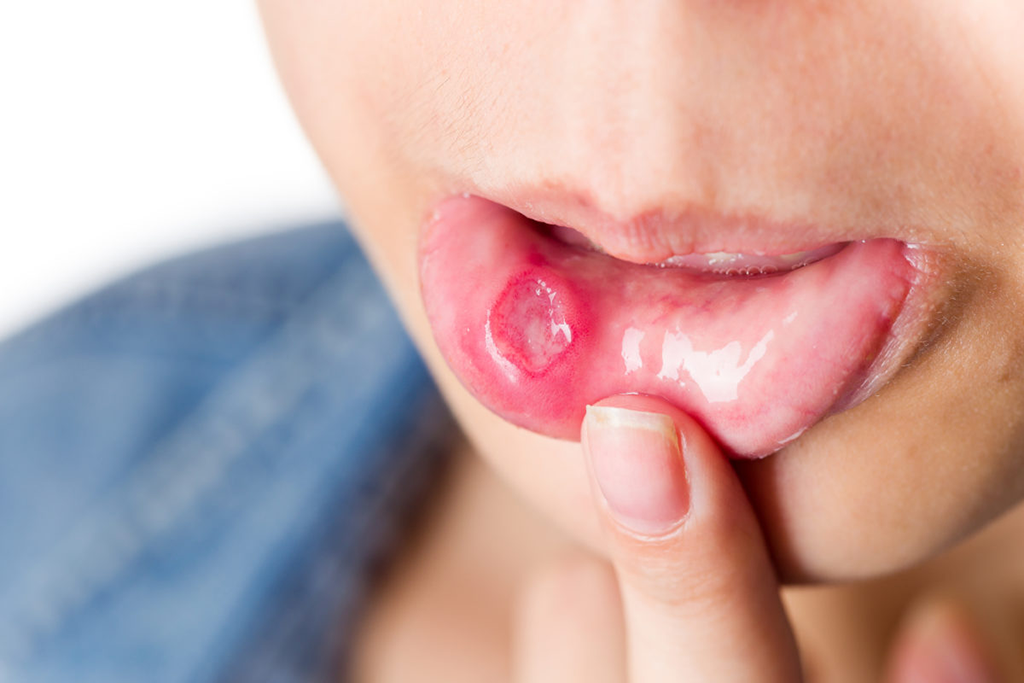
This one seems quite obvious, but so many people do not seek medical advice if they have encountered a mouth injury. This makes no difference on how big or small the injury is, you will never know the full extent of the injury until it has been checked out.
You must schedule an appointment and fully explain the incident, this way the dentist will better understand if it is an emergency or if it will require a check up.
Most minimal trauma to the teeth can cause serious root injury, if this goes untreated then it can trigger much more serious issue.
-
Bleeding after brushing

If you notice any blood after or during brushing your teeth, remember that this is not normal. This is a tell tale sign of early gum disease or other serious issues. Many people ignore this, hoping that if they continue to keep on top of their oral hygiene the problem will just disappear, this is not always the case.
The longer this goes undiagnosed and treated, the worse off it will get and could over time lead to the loss of bone or teeth. Another sign of this disease is red inflamed gums, or soreness, as previously discussed.
However, bleeding gums after brushing is a definite sign of an underlying issue and must be treated as soon as you recognise it.
Final Thoughts
For the most part, nobody enjoys a trip to the dentist. These signs can help you reduce your time in pain and the money spent on dentistry work. As a society we have convinced ourselves that trips to see the dentists are more of a pain than a worthy experience.
Ultimately it is about mindset and understanding the implications that go with having untreated dental issues. These issues, whilst they may feel inferior at first, can be the defining factors that can lead to much bigger health issues.
Even if you experience no tooth issues, you must clean them twice a day and floss to help prevent issues down the line.
Having regular check ups will also help to ensure that you experience no dentistry issues, or if you have any issues they can be resolved quickly and relatively painlessly.
This is a Contributor Post. Opinions expressed here are opinions of the Contributor. Influencive does not endorse or review brands mentioned; does not and cannot investigate relationships with brands, products, and people mentioned and is up to the Contributor to disclose. Contributors, amongst other accounts and articles may be professional fee-based.

